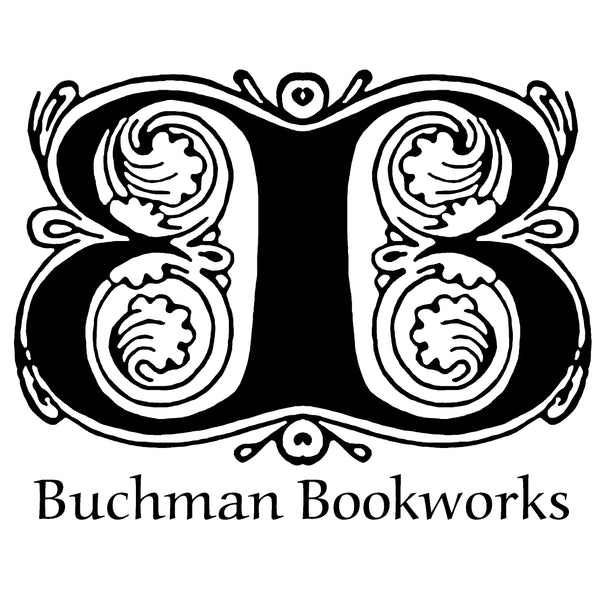The Challenge
This topic actually came up due to a friend facing a massive challenge. She's participating in a rather unique writing workshop. Sixty authors write short stories for seven themed anthologies. Then they gather for a week-long class and get to hear seven professional editors talk about every story...and buy enough to fill those anthologies (typically about 1/4 of the stories are purchased).
But the reason so many don't sell has little to do with the quality of the writers--the high quality of the writers. Many, many, many of the unsold stories go on to appear in traditional magazines in every genre. It's actually mostly a space issue. Oh, sometimes a story just doesn't work or completely misses the theme, but these are all selling writers. They don't miss often.
But that's not the point of today's nerdiness. The challenge that arises is:
How to read over 400, professional-grade stories in the 3-week window between when the writing is complete and the workshop begins?
Everyone reads, but only the editors discuss. The participants want to have read everything so that they can follow and learn from the discussions.
The answer is, you must learn to read like an editor. So, how does reading like an editor vary from reading like a reader? It's taken me years of practice to learn this, but I thought it might be interesting to try and quantify some of those differences as I did for my overwhelmed friend.
Reading Like An Editor
- Read consciously, not immersively. A reader looks for reasons to stay in the story.
- The editor is constantly looking for a reason to leave the story. Poor writing, poor characterization, incoherent plot flow, unexplained time jumps...anything!
- When an editor hits those, they do one of three things:
- If everything has been good to that point, they'll make a note of a fix for the revision letter.
- If it is a small something, they might keep reading, even more cautiously, and dump out at the second bump. They then set it aside (this is the hardest thing to learn to do).
- Unless you actually are an editor, the first step isn't of much use. But "two bumps and you're gone" isn't a bad rule. I am personally so overwhelmed with just casual reading that this is how I now read. Even professionally edited, sold-and-printed stories and novels. My credulity as a reader is now very, very low.
- If it's predictable, an editor-reader is gone. This is, sadly, how I often read novels. Read chapter one (or first scene of story). If I can say, "Oh, I know exactly where this is going," I'll flip to the last scene. I'm not actually reading the ending. I'm looking to see if it is the utterly predictable conclusion. If so, I'm out. Even in a romance, where I know the ending is Happy Ever After, I shouldn't be able to pre-know their final resolution. If I do, feh! We want stories that engage and satisfy, but aren't prescriptive in the telling. (Death of a romance novel for me? If I can flip to the big sex scene easily (at 60-65% of the way through) and it's about the sex rather than the emotion, I'm gone. Amazing how many of those are still written that way.) Having written over 50 romance novels and 70 romance stories, I'm particularly intolerant of "the expected" in that genre.
- The challenge of my friend's workshop is that there are a lot of very, very skilled storytellers in there. Therefore, the main "out" becomes...
- "This just isn't the kind of story I like."
- The instant you think that, you have two choices:
- Keep reading to see if the writer can change your mind, and because of the level of craft at that workshop, most will. (This is how a pleasure reader reads.)
- Put it down before you keep reading. (The hard-won skill of the editor.)


2 comments
That’s exactly how I read these days….I have read so many stories over the course of my life, and have very little tolerance for ‘template’ story arcs. Many have been DNF, or thrown across the room(not exaggerating here), and unfortunately because my favorite genres are romance, science fiction and fantasy, this happens more often than not.
Good writing is fine, but exceptional writing draws me in, hook, line, and sinker, caught and held. When I find an author that consistently reinvents themself, with every book a gem sparkling on its own, that person has my total attention and loyalty in recognizing and purchasing their work. I will also broadcast praise for their work to friends, fellow readers, and even my penpals! Great reads should be recommended and shared…..
Yes! It’s that exceptional writing that’s the key. Not just sentence-paragraph-scene craft, but true story craft that will keep me reading every time. Be original, be yourself. Best advice for a writer interested in a long-term career supported by something more than a snappy advertising strategy.